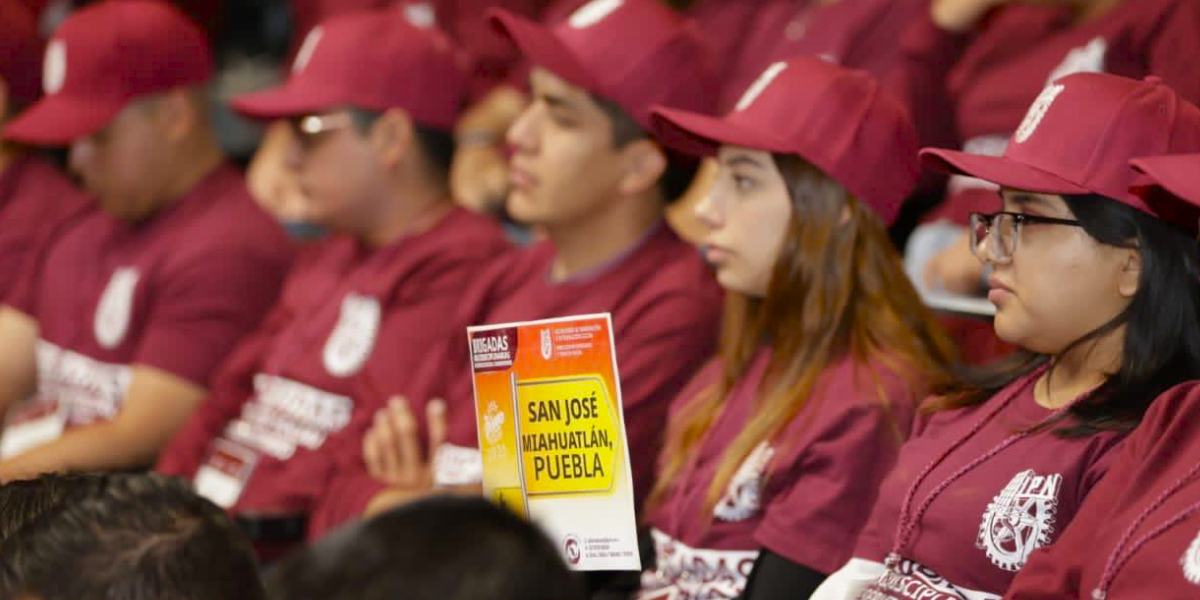
Reporter: Cecilia Balderas / Photographers: Jorge Aguilar and Israel Vera
IPN Director General Arturo Reyes Sandoval gave the official send-off to these noble caravans.
Authorities from the Instituto Politécnico Nacional (IPN), led by Director General Arturo Reyes Sandoval, gave the green light to the Summer 2025 Community Service Brigades, a contingent of more than 500 participants, including students, coordinators, supervisors, and support staff, who will carry out more than 60 projects related to healthcare, tourism, housing, engineering, and infrastructure.
“They carry an immense load of hope,” said Reyes Sandoval in his remarks, expressing pride in the students embarking on this journey to different states across Mexico.
The Summer 2025 Community Service Brigades will take place from today through July 23 in 19 municipalities across seven states: Chiapas, Estado de México, Hidalgo, Oaxaca, Puebla, San Luis Potosí, and Tlaxcala, where IPN students will place their knowledge at the service of those who need it most.
Of the municipalities to be visited, 15 will be receiving these services for the first time. “The IPN has always stood out for its dual vocation: excellence in scientific and technological education, and a deep social commitment—training young people from underserved communities and sharing our capabilities with the Mexican people through these service brigades,” the Director General noted.
Reyes Sandoval encouraged students to be curious and courageous, but also careful and respectful of local customs and IPN regulations.
Danay Saraí Ángeles Hernández, Municipal President of Santiago de Anaya, Hidalgo, shared that she was once an IPN brigade participant—a life-changing experience. At the time, her community lacked access to water, but thanks to a study carried out by IPN students a year and a half ago, the Hidalgo state government allocated resources to install infrastructure that now provides water to the area.
“It’s about understanding the value of helping without expecting anything in return. It’s about learning to listen, to observe, to respect, and to build community. Most of all, it’s about becoming aware that applying our knowledge is the best way to give back to the country that has invested in our education,” she said.
Reyes Sandoval thanked AstraZeneca México for joining this initiative by providing free medical testing to the communities served.
Valentina Gallart, Medical Director of AstraZeneca México, explained that these tests aim to detect conditions such as malnutrition, obesity, hypertension, respiratory failure, kidney damage, heart disease, cardiomyopathies, arteriosclerosis, metabolic syndrome, diabetes and its complications, as well as signs of prostate cancer, asthma, pulmonary disease, and even lung cancer risk.
Gallart also announced that the pharmaceutical company aims to expand its collaboration with the IPN by introducing telemedicine equipment and developing new projects in which students will be able to use Artificial Intelligence tools to reach more people in remote communities.